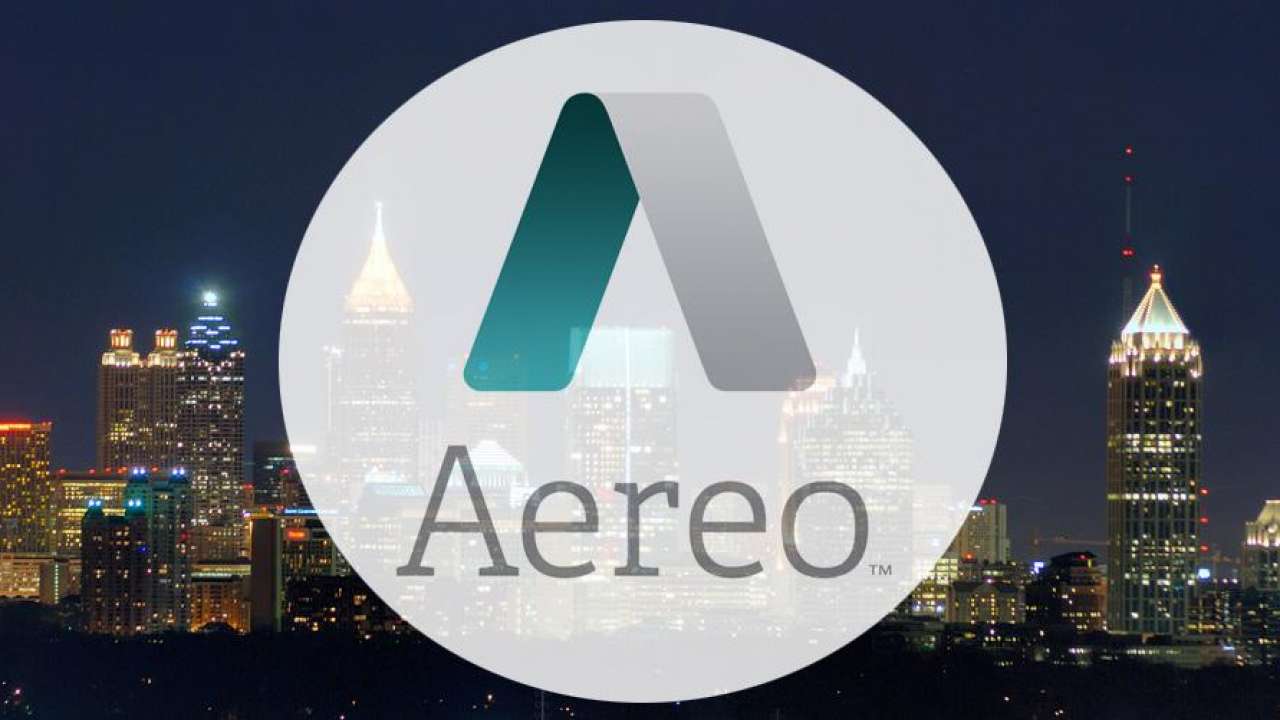Aereo TV-Streaming Service Headed to Supreme Court Tomorrow Over Copyright Claims

Aereo, a media startup that streams broadcasted live television over the Internet for paying users, is facing claims against it in the Supreme Court tomorrow.
The result of this ruling could very well change not just live television and its ability to be broadcast in new and different ways, but could also affect cloud computing and streaming services, like Dropbox and Google Music respectively.
What is Aereo?
The Aereo system assigns each subscriber a small remote-controlled antenna that’s stored in a warehouse packed with other small antennas that records a show when it’s viewed. This allows subscribers to watch the content being broadcast from television over their Internet service, akin to using “rabbit ears” to extend the reach of your television reception just a few years ago. Aero charges users anywhere between $8 and $12 per month, which corporate investor Barry Diller, a mogul credited for helping create the Fox network, says is “not a piracy trick, as broadcasters have alleged, but a genuine innovation that consumers should be able to choose.”
However, the legality of this now two-year-old startup’s ways are in question.
The Case Against Aereo
Broadcasting networks claim that Aereo is violating copyright law with their systems, and since its birth under two years ago, the company has undergone a myriad of legal suits, which have gone both well and not so well.
According to a statement given by network lawyers to The Verge, if Aereo were to come out on top in this suit, “copyright protection would be diluted” and “the value of copyrights in broadcast programming would decline.”
“Aereo steals broadcast signals from the air and pipes them over the internet without paying a dime to the people who invested billions of dollars to produce that content. Were Aereo to get its way, copyright protection would be diluted, the value of copyrights in broadcast programming would decline, and there could be fewer programs created for the public to enjoy.”
The Case of The Good Ol’ Copyright Act
The Copyright Act of 1976, which is brought up just about daily in modern lawsuits, reared its head in recent Supreme Court hearings regarding Aereo, who weighed it against the proposed claims. Specifically, the act grants copyright holders the right to “perform the copyrighted work publicly,” otherwise defined as the “transmit clause.”
Broadcasters claim that Aereo is taking advantage of this clause.
What it Means
There are a lot of facets to this entire debate. You’ve got the thoughts of the broadcasters, who want to sell bundles of programming, and do it at high cost. You’ve got the users, who want to piecemeal their programming and save money, as well as have services like Netflix and Hulu for discovering content. Then you’ve got Aereo, who’s trying to make a business out of offering the content from other people’s business.
It’s sort of a mess. But we’ll know how the cards will fall when the court takes this case to the table and comes up with a verdict. When that comes to pass, you’ll be the first to know – right here.